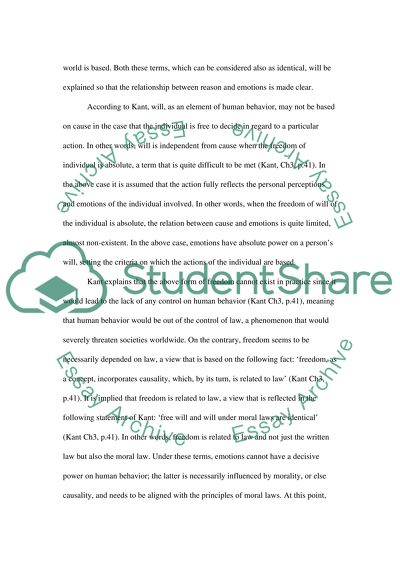Cite this document
(“Kant's Understanding of the Relation Between Reason and Essay”, n.d.)
Retrieved from https://studentshare.org/philosophy/1453602-kant-s-understanding-of-the-relation-between
Retrieved from https://studentshare.org/philosophy/1453602-kant-s-understanding-of-the-relation-between
(Kant'S Understanding of the Relation Between Reason and Essay)
https://studentshare.org/philosophy/1453602-kant-s-understanding-of-the-relation-between.
https://studentshare.org/philosophy/1453602-kant-s-understanding-of-the-relation-between.
“Kant'S Understanding of the Relation Between Reason and Essay”, n.d. https://studentshare.org/philosophy/1453602-kant-s-understanding-of-the-relation-between.


